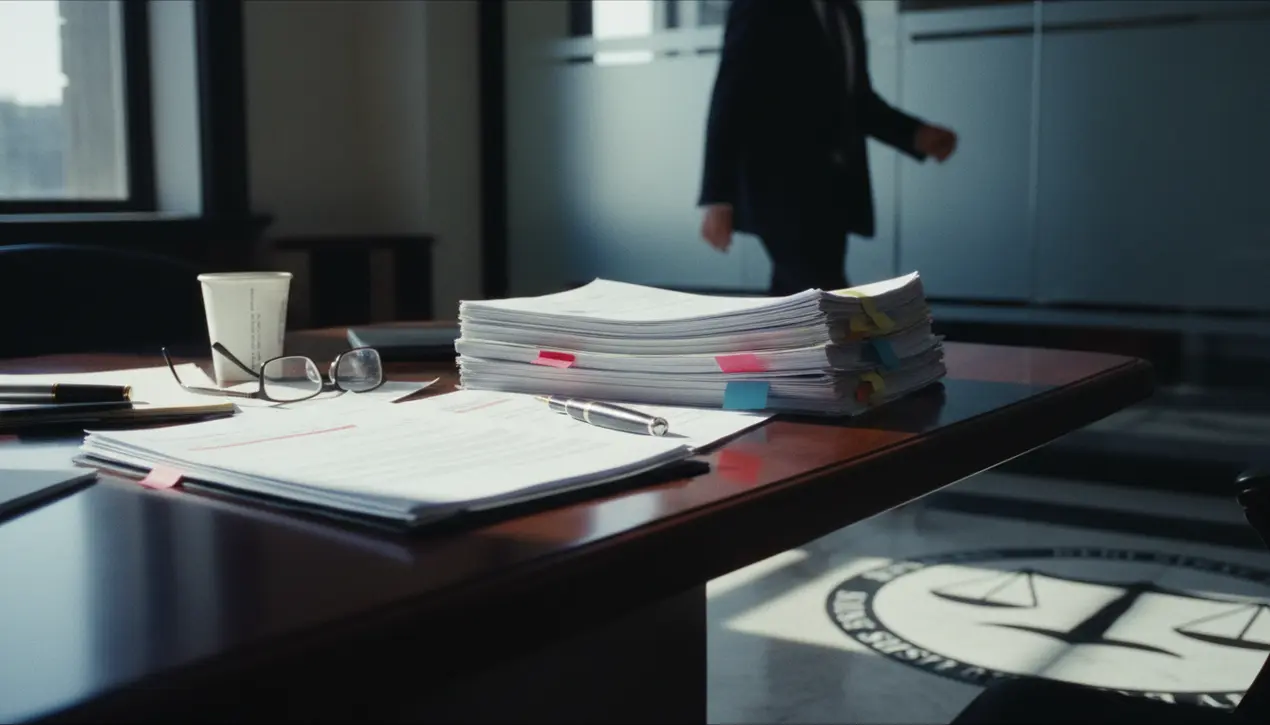
Financecentral banksFederal Reserve
Key Fed official was under investigation over stock trades
OL
Olivia Scott
4 hours ago7 min read1 comments
The financial disclosures released this past Saturday revealed a significant development in central bank governance: former Federal Reserve Governor Adriana Kugler was formally referred for investigation earlier this year over allegations of violating the institution's stringent stock trading rules. This revelation provides crucial context for her abrupt resignation in August, a move that created a vacancy on the influential Fed Board of Governors, promptly filled by President Trump's appointment of White House economist Stephen Miran in September.Kugler, originally appointed by former President Biden in 2023, found herself the subject of an ethics probe, as detailed in annual disclosures from the U. S.Office of Government Ethics. These documents outline purchases and sales of individual stocks in 2024, including positions in Cava and Southwest Airlines, transactions that reportedly occurred during designated blackout periods.These are critical windows preceding Federal Reserve interest rate decisions when senior officials are explicitly prohibited from trading to prevent any potential exploitation of non-public information. The Fed's ethics framework, significantly tightened by Chair Jerome Powell in 2021 following a prior scandal, not only bans such timed trades but also broadly prohibits the buying and selling of individual stocks by officials and their immediate family members, mandating that all investments be held for a minimum of one year to discourage short-term speculation.An intriguing endnote in Kugler's filing suggests that at least a portion of the contested trading was executed by her husband without her direct knowledge, adding a layer of personal complexity to the regulatory breach. Further deepening the narrative, a Fed official confirmed that Kugler had proactively sought permission from Chair Powell to address prohibited holdings ahead of the pivotal policy meeting last July, a request that was ultimately denied.Kugler was notably absent and did not cast a vote during the two-day meeting concluding on July 30; her resignation was announced merely two days later, a sequence of events that strongly implies the investigation was a central catalyst for her departure. The official filings are particularly damning, showing the Federal Reserve declined to certify that Kugler's financial disclosures complied with its own rules, with a note from Fed ethics official Sean Croston confirming that the matter was referred 'consistent with our standard practices and policies' to an independent watchdog.This incident is not an isolated one in the Fed's recent history, echoing the 2021 scandal that prompted the very rule overhaul, which saw two high-ranking officials resign after their disclosures revealed active trading during the Fed's massive pandemic-era market interventions, followed by the 2022 departure of the Fed's vice chair under similar scrutiny. The timing of these new revelations is exceptionally delicate for the central bank, which is already operating under intense political pressure from a White House vocally demanding more aggressive rate cuts.Miran, who has already dissented twice in favor of larger reductions, will hold the seat until at least January, while the broader leadership landscape is in flux. President Trump is expected to name a new Fed chair by year's end to succeed Powell in May, has moved to fire Governor Lisa Cook—a decision awaiting Supreme Court review—and will see the terms of 12 regional Fed presidents expire in February, with Atlanta Fed President Raphael Bostic, himself previously investigated over his financial disclosures, opting for retirement ahead of that reappointment process. This confluence of ethical lapses and political maneuvering threatens to undermine the perceived independence and integrity of the world's most powerful central bank at a moment of profound economic uncertainty, raising fundamental questions about the robustness of its internal controls and its ability to shield monetary policy from political influence and personal financial interests.
#Federal Reserve
#ethics probe
#stock trading
#resignation
#Jerome Powell
#featured
Stay Informed. Act Smarter.
Get weekly highlights, major headlines, and expert insights — then put your knowledge to work in our live prediction markets.
Comments
Loading comments...
© 2025 Outpoll Service LTD. All rights reserved.